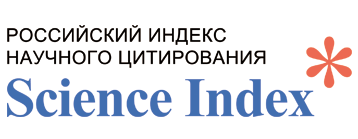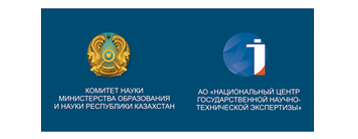SORPTION PURIFICATION OF WATER FROM HEAVY METAL IONS USING SULFOUGL
Keywords:
sorption, adsorption, sorbent, complexing, modificationAbstract
Annotation. The sorption capacity of modified activated carbon is investigated; the possibility of creating a sorbent for iron (II, III) in water bodies with a purified water yield of up to 0.01 mg/l is shown. A sulfogroup was used as a modifier and a complexing agent. To date, thousands of sorbents are produced with various matrix materials, functional groupings, ways of fixing them, containers, mechanical properties, granulation and other characteristics. The choice of the optimal sorbent depends on the task assigned to the researcher. To a large extent, the choice of a sorbent is determined by the nature of the micro–component - the form of existence of this component in solution, the size and charge of an ion or molecule, the ability of this form to react with functional groups or directly with the surface of the sorbent. When choosing a sorbent, it is necessary to take into account the concentration mode. Thus, after sorption extraction under static conditions, the sorbent concentrate should be easily separated from the mother liquor; when used in dynamic mode, it is undesirable to use strongly swelling sorbents, as well as too small fractions of sorbents. In combined techniques, where the first step is concentration, and the second is quality control of purified water, spectroscopic methods such as spectrophotometry, atomic absorption spectroscopy (AAS), atomic emission spectroscopy with inductively coupled plasma (NPP-ISP), mass spectrometry with inductively coupled plasma (MS-ISP) can act, the possibility of rapid and quantitative elution of elements. The development of express and simple methods of water purification from heavy metals, in particular, from the widespread iron (II, III) cation in natural and drinking waters is an important task of analytical chemistry. This is due to the high prevalence of iron in environmental objects and the biomedical effect of an excess of its ions on the human body.

















